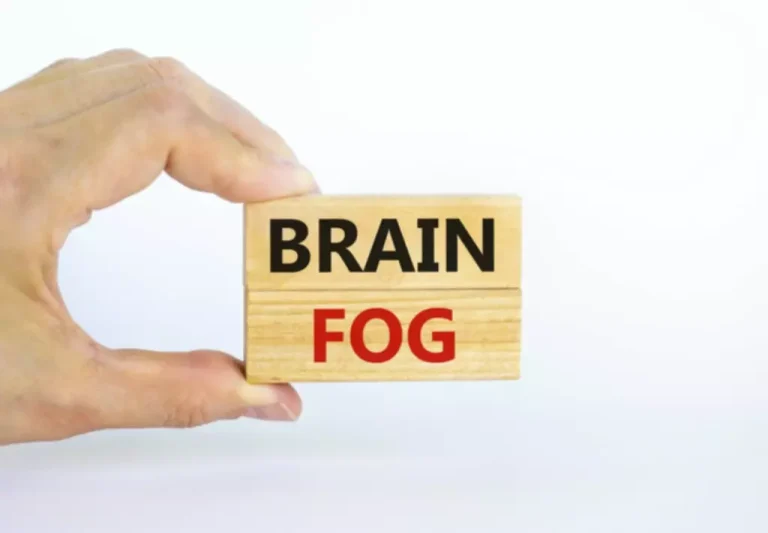
The late stages of alcoholism signify the most severe and life-threatening phase of alcohol use disorder. During this period, individuals face profound challenges as their addiction to alcohol deepens and their physical and mental health deteriorates. The middle stages of alcoholism are also marked by an impaired ability to function in daily life. Individuals may struggle with maintaining employment, fulfilling family responsibilities, and managing personal relationships. The negative consequences of excessive alcohol use can lead to social isolation, financial problems, and legal issues, further complicating the individual’s life and exacerbating their dependency on alcohol.
- These medicines can help reduce the negative side effects of detoxification and withdrawal.
- Additionally, this stage of alcoholism is when an individual will begin to identify a sense of emotional relief as an effect of alcohol.
- In severe cases, alcoholism can even cause heart failure or brain damage.
- Understanding the stages of alcoholism – from early social drinking to end stage alcoholism – is essential in recognizing and addressing alcohol use disorder.
- Brain damage and immune system compromise are common, and the risk of death from alcohol-related causes increases.
National Institute on Alcohol Abuse and Alcoholism (NIAAA)
- Because denial is common, you may feel like you don’t have a problem with drinking.
- Financial distress from job losses and loneliness due to damaged relationships are also prevalent in this phase.
- Teenagers and young adults make up a large percentage of the binge drinking crowd.
- Knowing the signs and symptoms of each stage can aid you in seeking help before your problem turns into dependence and addiction.
Recovery from AUD is marked by stages of abstinence, withdrawal, repair, and growth. While the process may take several years, the outcome is a happier, healthier life where you have the freedom to fulfill your full potential. When combined with other evidence-based therapies, such as cognitive behavioral therapy five stages of drinking (CBT), MAT can help prevent relapse and increase your chance of recovery. BetterHelp offers affordable mental health care via phone, video, or live-chat. “Five Levels” is more of a monologue or spoken-word piece than it is a collection of jokes because it’s a carefully constructed story about a single topic.
Early Alcohol Misuse

Alcohol addiction is characterized by a physical and psychological need to drink. Between 90 and 100 percent of alcoholics develop a fatty liver, which can progress to cirrhosis. The mental and physical health of alcoholics are rapidly deteriorating at this stage, and unless they seek alcohol rehab, they may drink themselves to death.
- While any form of alcohol abuse is problematic, the term “problem drinker” refers to someone who starts experiencing the impacts of their habit.
- You may also have problems completing tasks at work, home or school, and your relationships with others may start to crumble.
What Is Alcoholism?
During the alcohol dependent stage of alcoholism, your mind and body become firmly attached to alcohol. The thought of quitting it might even feel as if you are giving up a good friend. You may feel sad about it or may https://ecosoberhouse.com/halfway-house/ wonder if you will ever be able to let it go for good. In fact, you may be experiencing a lot of thoughts and feelings during this stage. You may not be sure how to address your struggles with the stages of alcoholism.

Many drinkers at this stage are more likely to drink and drive or experience legal troubles as a result of their drinking. These medicines can help reduce the negative side effects of detoxification and withdrawal. Many people with alcohol use disorder hesitate to get treatment because they don’t recognize that they have a problem. An intervention from loved ones can help some people recognize and accept that they need professional help. If you’re concerned about someone who drinks too much, ask a professional experienced in alcohol treatment for advice on how to approach that person.
This disorder also involves having to drink more to get the same effect or having withdrawal symptoms when you rapidly decrease or stop drinking. Alcohol use disorder includes a level of drinking that’s sometimes called alcoholism. Individuals may find themselves increasingly dependent on alcohol to function and cope, leading to a host of physical symptoms and escalating mental health challenges. Understanding the complexities and dangers of this stage is vital for recognizing the severity of the problem and seeking appropriate intervention. This does not mean that a mental health condition will necessarily go aware when you stop drinking but abstaining from alcohol use can improve your symptoms and lead to better treatment outcomes.
Latest News from Vulture
Mental Health Effects When You Stop Drinking
Are Dumb Phones Enough? Rehab Experts Discuss Digital Addiction


